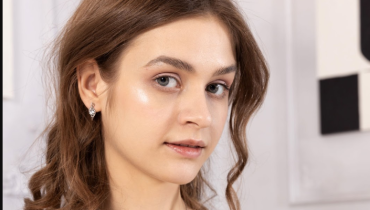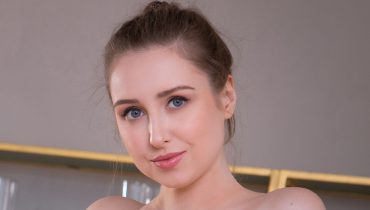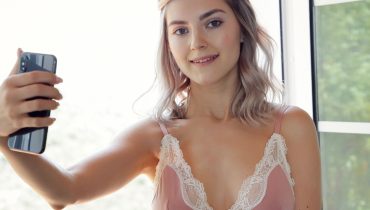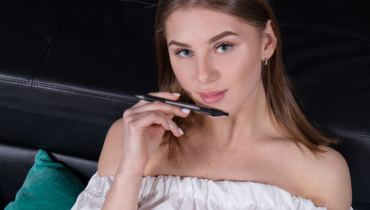Eleanor Hughes was 32 when she left her corporate job to start her own interior design studio. “Freedom felt amazing,” she says. “Until I realized freedom also meant losing my employer health plan.”
Like millions of freelancers and entrepreneurs, she entered the confusing world of health insurance for self-employed women — a world full of options, loopholes, and hard lessons. Over the next three years, she would build a system that balanced independence with protection, proving that health security and entrepreneurship can coexist.
The Financial Tightrope of Self-Employment
“Your income fluctuates, but your body doesn’t stop needing care,” Eleanor explains. During her first year of freelancing, she prioritized cash flow over coverage. “I told myself I was young, healthy, and could skip insurance for a year.” That decision almost ruined her. A sudden infection sent her to the ER, and the $4,500 bill wiped out her savings. “It taught me that skipping coverage is never a good business decision,” she says.
She began studying every plan available on her state marketplace, comparing affordable health insurance options for self-employed individuals. She discovered that many women like her faced a unique squeeze: incomes too high for full subsidies but too unstable for expensive private plans. “You have to build a hybrid strategy,” she says — combining private insurance with tools like HSAs, or joining group associations that offer collective plans for freelancers. “Think like a business owner: diversify your protection just like you diversify income.”
Building an Insurance Strategy That Works
Eleanor approached health insurance like she approached design: form, function, and sustainability. Her first rule was to plan coverage around her lifestyle, not around fear. “I wanted coverage that made sense for preventive care, not just catastrophes.” She prioritized plans that included annual exams, mental health visits, and basic prescriptions. “Self-employed women carry heavy stress loads. Mental health coverage isn’t a luxury; it’s survival.”
Her second rule was to track expenses like a business ledger. By categorizing every medical cost — doctor visits, lab work, prescriptions — she learned to forecast her healthcare spending. “When you treat health like a business expense, you stop making emotional decisions,” she says. She now sets aside 10% of her monthly income into a medical buffer fund, ensuring cash flow doesn’t dictate care decisions.
Empowerment Through Information
Through workshops and online communities, Eleanor began sharing her insights. She found that many self-employed women avoided insurance not from negligence but from confusion. “The system wasn’t built with freelancers in mind,” she explains. So she created templates: spreadsheets comparing premiums, calculators for deductible trade-offs, and checklists for mental health coverage. Her approach spread across freelancer forums. “When women share financial literacy, they change the game,” she says.
She also emphasizes long-term thinking. “As a business owner, your body is your asset. Protecting it is non-negotiable.” Eleanor encourages entrepreneurs to consider disability insurance, maternity coverage, and even telehealth benefits as part of their overall strategy. “Flexibility doesn’t mean vulnerability,” she insists. “The right plan is the one that lets you focus on your craft, not your medical bills.”
The Gender Gap in Health Security
Eleanor’s advocacy also touches a larger issue: inequality. Women entrepreneurs face distinct health challenges — from maternity care costs to unequal premium structures. “Many plans assume a traditional employer relationship, not independent women managing businesses,” she says. She calls for policy reforms that expand access and simplify options. In the meantime, she believes education is empowerment. “If the system is complex, then learning it becomes your superpower.”
Her journey ends with quiet confidence. After years of trial, Eleanor now runs her business with comprehensive coverage and zero medical debt. “It took discipline, but now I sleep better,” she says. “Health insurance isn’t about fear — it’s about freedom. The freedom to create, to work, to live without the constant shadow of what-if.”





























































